Achieving good health starts with incorporating a variety of nutrient-dense foods into your daily diet. By eating superfoods as part of a balanced lifestyle, you can promote overall wellness, boost immunity, and reduce the risk of chronic diseases.
Although the term “superfood” is primarily used for marketing, the foods highlighted here truly deserve the title due to their exceptional health benefits. Let’s explore some of the best superfoods for weight loss, disease prevention, and optimal nutrition.
Best to Add Wherever Possible- “Dark Leafy Green Vegetables (DGLVs)”
Dark green leafy vegetables are packed with nutrients like iron, magnesium, folate, zinc, calcium, and fiber. These vegetables are powerful anti-inflammatory foods and are known to reduce the risk of chronic illnesses such as heart disease, type 2 diabetes, and even certain types of cancer.
Some popular DGLVs include:
- Kale
- Spinach
- Collard greens
- Swiss chard
Incorporate them into your meals by adding them to smoothies, salads, or soups.
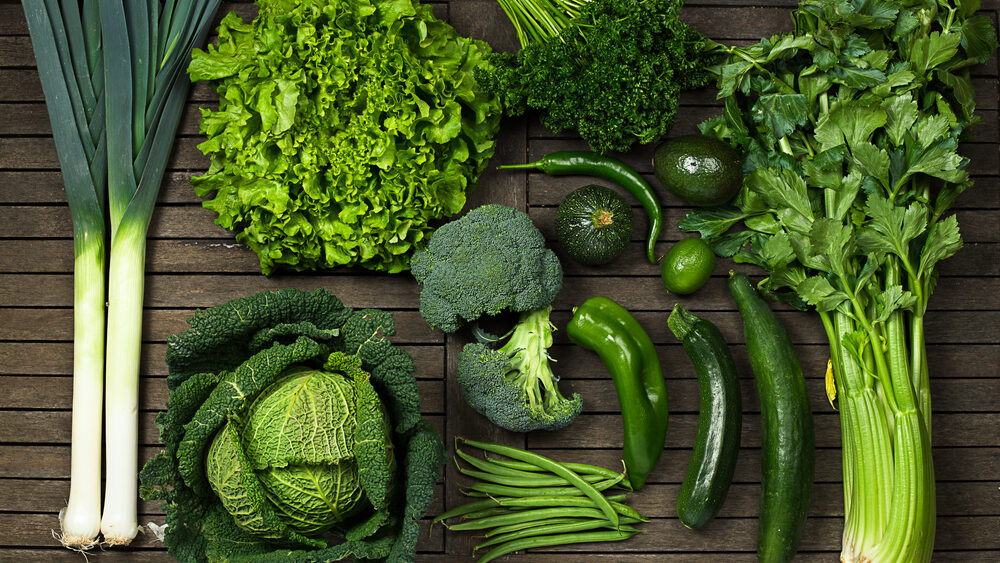
1. Berries: The Antioxidant Powerhouses
Berries are celebrated for their high antioxidant content, which protects against heart disease, cancer, and other inflammatory conditions. Rich in fiber, vitamins, and minerals, berries also support digestive health and strengthen the immune system.
Popular types of berries include:
- Blueberries
- Strawberries
- Raspberries
- Blackberries
- Cranberries
Enjoy them as snacks, in smoothies, or as a sweet addition to breakfast bowls for their versatile health benefits.
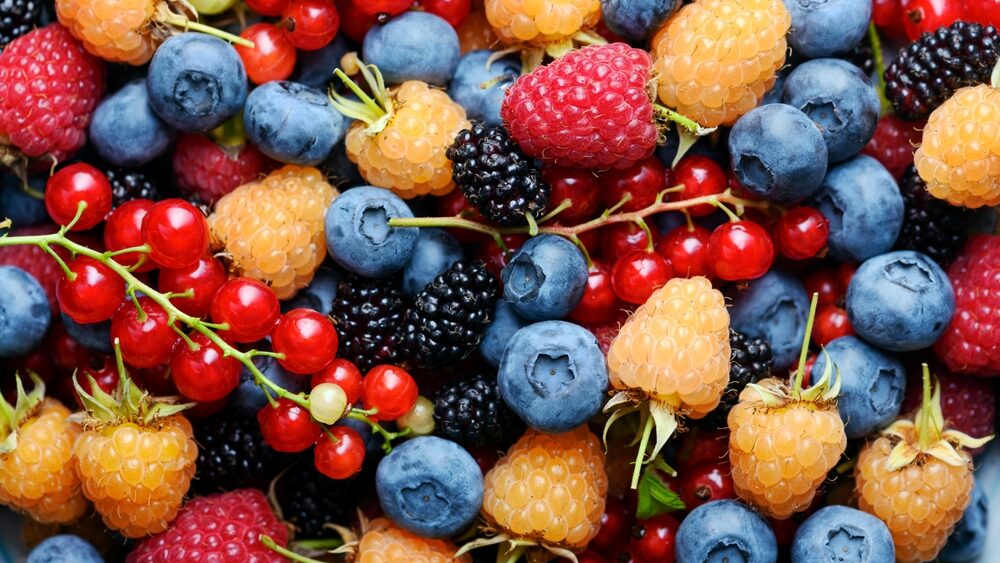
2. Green Tea: The Antioxidant-Rich Superdrink
Originating in China, green tea is renowned for its weight loss benefits, anti-inflammatory properties, and ability to protect against chronic diseases. Green tea contains catechins, especially EGCG, a powerful antioxidant linked to reducing inflammation and supporting heart health.
In addition to aiding in fat burning, the caffeine and catechins in green tea may improve focus and energy. Replace sugary drinks with green tea to enjoy its numerous health benefits.
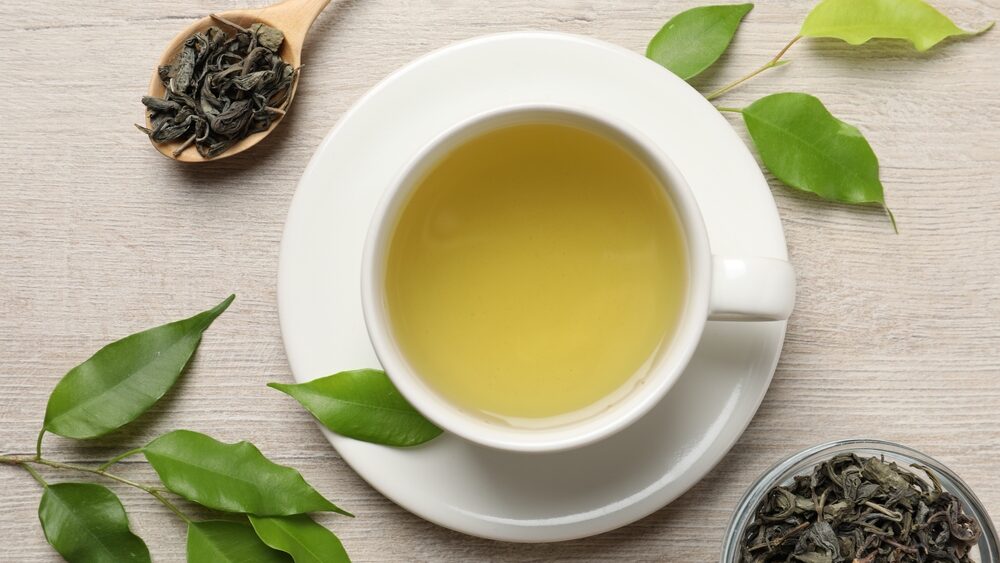
3. Eggs: A Nutritional Powerhouse
Despite past concerns about their cholesterol content, eggs are one of the most nutrient-dense foods you can eat. They are rich in protein, vitamin A, B vitamins, choline, and antioxidants like lutein and zeaxanthin, which support eye health.
Studies show that eating eggs in moderation (6–12 per week) may even increase HDL cholesterol (the “good” cholesterol) without elevating heart disease risk.

4. Legumes: Plant-Based Superfoods
Legumes such as beans, lentils, chickpeas, and peas are an excellent source of protein, fiber, and B vitamins. These nutrient-dense foods can help:
- Regulate blood sugar (great for diabetes management)
- Lower cholesterol levels
- Promote healthy weight loss
Including high-fiber foods like legumes in your diet also increases feelings of fullness, helping with weight management.
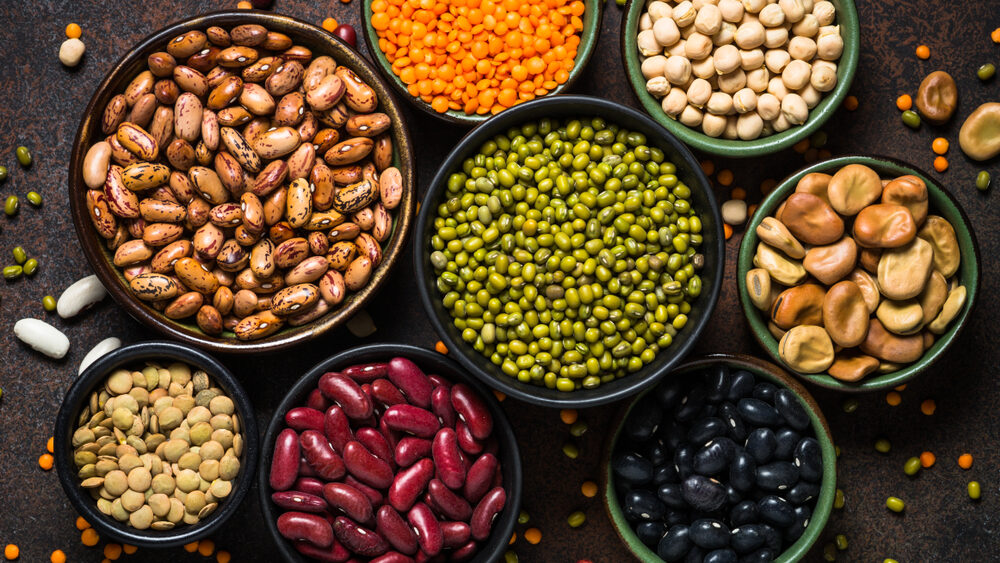
5. Nuts and Seeds: Heart-Healthy Snacks
Loaded with healthy fats, fiber, and plant-based protein, nuts and seeds are among the best foods for promoting heart health and reducing inflammation.
Common varieties include:
- Almonds
- Walnuts
- Pistachios
- Chia seeds
- Flaxseeds
- Pumpkin seeds
Research shows that despite their calorie density, certain nuts like almonds and walnuts are linked to weight loss when eaten in moderation.
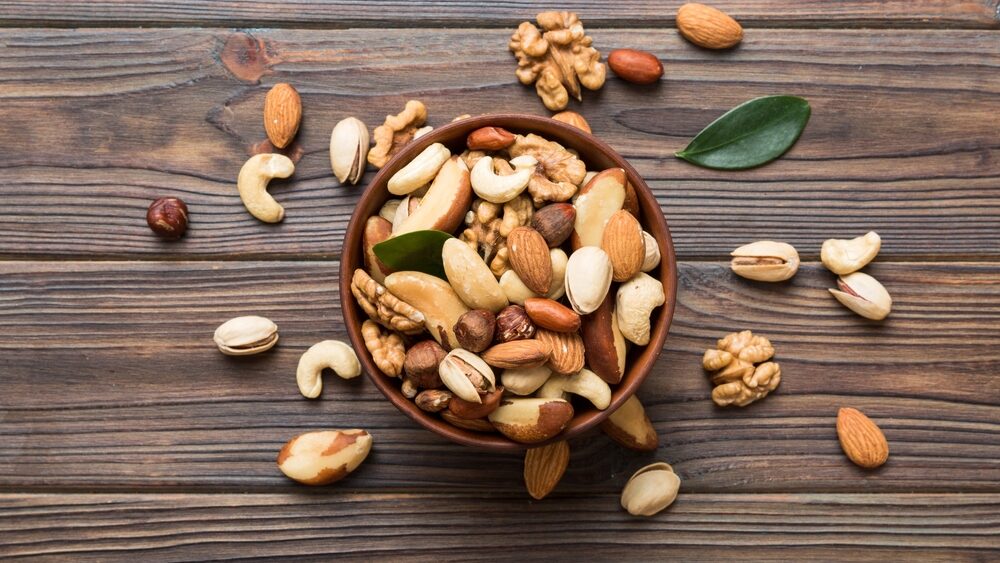
6. Garlic: A Natural Immune Booster
Known for its medicinal properties, garlic is a potent source of antioxidants, vitamin C, vitamin B6, and manganese. Garlic has been shown to:
- Reduce cholesterol levels
- Lower blood pressure
- Strengthen immune function
Incorporating garlic into your meals is an easy way to boost your intake of anti-inflammatory compounds.

Best Practices for Superfoods and Optimal Nutrition
Achieving optimal health requires more than eating trendy foods—it’s about maintaining a well-balanced, nutrient-rich diet. Incorporate these superfoods into your daily meals for the following benefits:
- Improved digestion
- Reduced risk of chronic diseases
- Better weight management
- Enhanced immune system function
Foods to Avoid for Better Health
To maximize the benefits of superfoods, minimize your consumption of:
- Sugary foods: Promote harmful bacteria and inflammation.
- Artificial sweeteners: Disrupt gut health and increase blood sugar.
- Unhealthy fats: Saturated fats can increase inflammatory markers.
Conclusion
Adding superfoods like dark leafy greens, berries, nuts, legumes, and garlic to your diet can help you achieve better health and prevent chronic conditions such as heart disease and diabetes. Pair these nutrient-rich options with green tea and a variety of whole foods to improve digestion, enhance immunity, and support your overall well-being.
Imporve your diet today by incorporating these superfoods for weight loss, inflammation reduction, and better energy levels. Your body will thank you!



